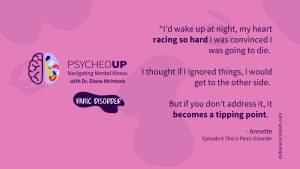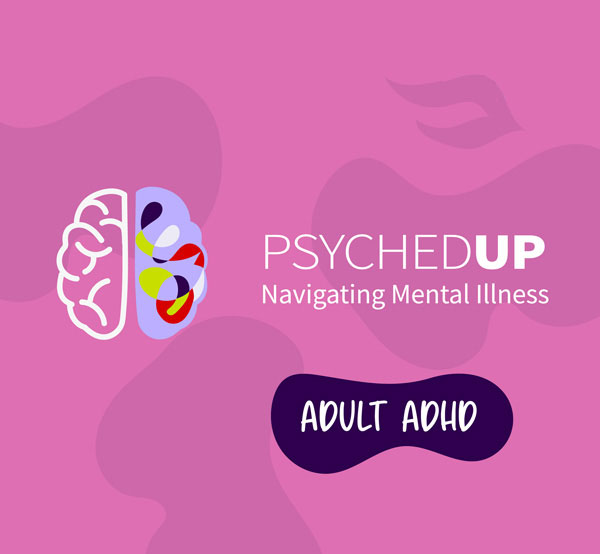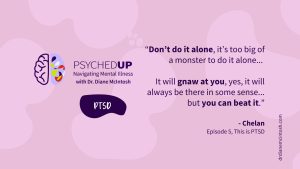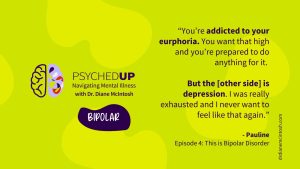ADHD runs in families. In fact, it’s one of the two most heritable (genetic) psychiatric disorders – the other is bipolar disorder. Most people with ADHD have a parent, child, sibling or another close relative who has the same diagnosis – whether they know it or not!
New research has discovered specific genes responsible for ADHD. Unlike some disorders, like cystic fibrosis or Huntington’s Disease, which are due to the presence of one specific gene, psychiatric disorders have “polygenic” inheritance, which means there are many genes involved in the development of the disorder. The more genes you inherit, the more likely you are to have ADHD.
However, even though we now have strong evidence about the genetic bases of ADHD, we know that, like all psychiatric disorders, other factors are important in its development. It’s estimated that up to 40% of ADHD risks are related to “environmental” factors, like maternal smoking, but clear causative links have never been established.
Every psychiatric diagnosis presents diagnostic and treatment challenges, but ADHD is the most rewarding disorder I treat. That’s because the treatments are usually extremely effective, they’re very safe and, almost always, they’re very well tolerated.
The decision to take any treatment is deeply personal. Some might feel treating their ADHD is unnecessary– they feel they’re coping well or that the symptoms are less impactful than the cons of treatment. Whether they don’t like the whole idea of medication or how medication makes them feel or they’re fearful of taking medication, that decision is theirs to make.
Medications for the treatment of ADHD have been available for nearly a century. Their safety and efficacy has been studied so rigorously because, until the last few decades, they were used almost exclusively for children.
While there are many myths regarding ADHD treatments, they remain the most effective class of medications I prescribe – they work well for almost everyone. There has been a mountain of data supporting their use, especially regarding their benefit in avoiding the negative outcomes of untreated ADHD.
Because we have no objective tests to guide our choices, finding the right treatment for any psychiatric disorder is a process of trial and error. Fortunately, the two major ADHD treatment groups (dexamphetamine and methylphenidate) are both highly effective and most people with ADHD will respond well to both. However, if one treatment isn’t working well or it’s causing unwanted side effects that aren’t improving, trying the other class is an important next step. For many reasons, long-acting stimulant medications are recommended in all evidence-based treatment guidelines for ADHD.
Unlike almost any other psychiatric disorder, talk therapies are not a top option for ADHD. Sometimes, especially when there are comorbid conditions, like depression, anxiety or substance-use, talk therapy can be extremely valuable. But the core ADHD symptoms are generally highly responsive to medication treatment.
Despite decades of evidence on the presentation, brain changes, genetics, harms and burdens associated with ADHD, and the availability of safe and effective treatments, most people are still undiagnosed, untreated or undertreated. It’s so important to know the facts! Misinformation and disinformation can perpetuate stigma and add to the suffering and health burdens of affected individuals and their families.





